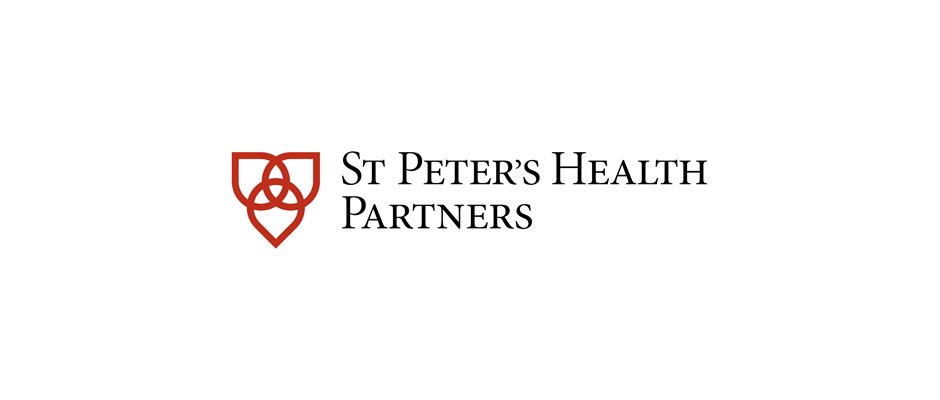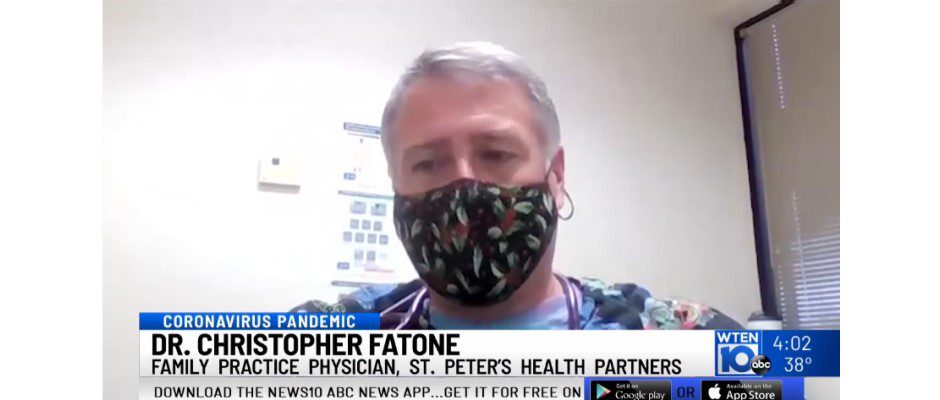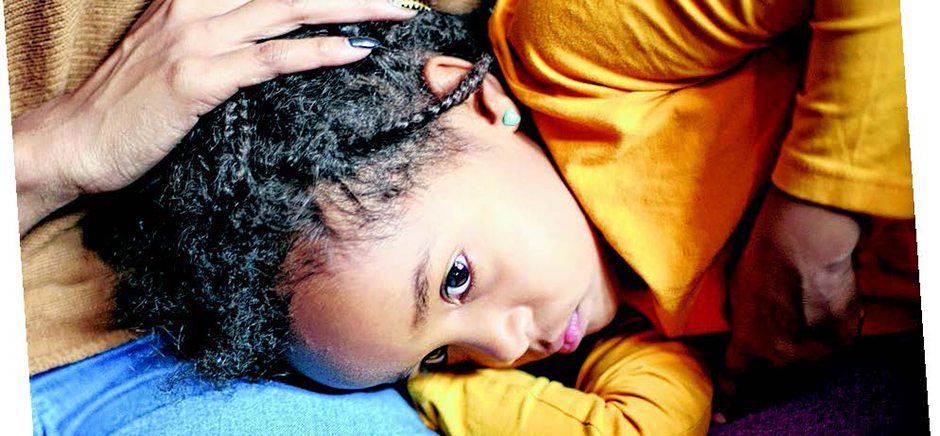
Visitation guidelines are being implemented at several regional hospitals to further protect patients from influenza and other infectious diseases. These actions are being taken in response to increasing numbers of cases of influenza (Type A-H1N1) across the state and in this region.
The guidelines will be implemented in all hospitals joining this announcement by Friday, Jan. 17.
Hospitals implementing the restrictions include Albany Medical Center; St. Peter’s Health Partners acute care hospitals including Albany Memorial Hospital, Samaritan Hospital, St. Mary’s Hospital (Troy), St. Peter’s Hospital, and Sunnyview Rehabilitation Hospital; Ellis Medicine acute care hospitals including Bellevue Woman’s Center and Ellis Hospital; Glens Falls Hospital; Columbia Memorial Hospital; and Saratoga Hospital.
The restrictions include the following:
- A maximum of two visitors will be permitted in a patient’s room at any one time.
- Children 12 and under will be prohibited from visiting patients’ rooms, as they are more likely to have and transmit respiratory infections.
- Visitors with rash, diarrhea or respiratory symptoms will be prohibited from visiting patients. These symptoms include fever, sore throat, cough, shortness of breath.
The hospitals also are urging all visitors to use hand-washing stations before entering and upon leaving a patient’s room. Hand sanitizers are available at many hospital entrances and at many other locations throughout these hospitals, including the doorways of many patient rooms.
Some hospitals have special care units or physical layouts which may have additional visitation restrictions.
The same guidelines announced today were developed and temporarily implemented in 2009 and 2013 to address influenza outbreaks. These temporary restrictions are intended to help limit the transmission of the virus and protect the health and safety of patients and the professionals who provide their care during the outbreak.





